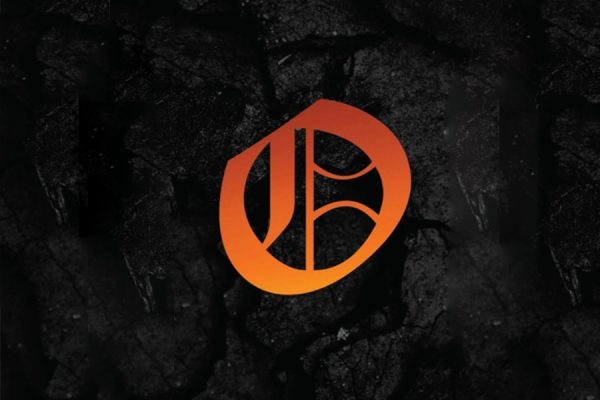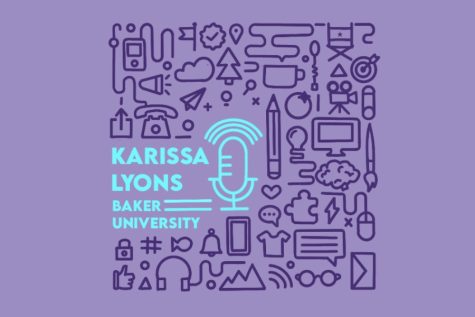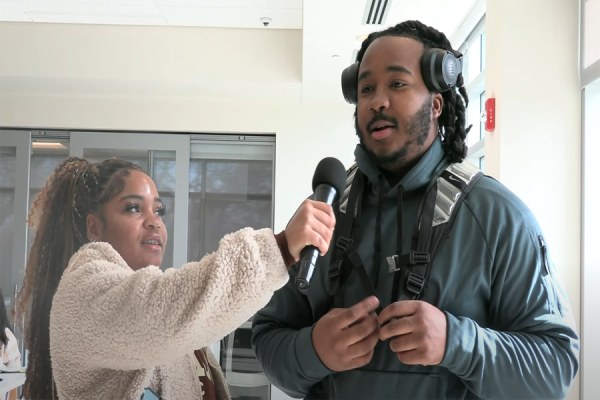Sexual misconduct: students get conflicting messages
September 27, 2018
*This article contains references to sexual misconduct and may be triggering to some readers*
To kick off the school year, comedian Arvin Mitchell was hired to perform for students at the Wildcat Welcome.
Mitchell had creative jokes and engaged a college-age audience, but he made jokes that were less than tasteful. His material included jokes regarding being molested as a child and making references to a Family Guy character who regularly assaults women.
Ironically, that same character was mentioned in a seminar led by Paul Ladipo, coordinator of inclusion and wellness education.
He pointed to examples of rape culture like the notorious Hugh Hefner, a Dolce and Gabbana advertisement and that same Family Guy character.
Ladipo also gave examples of dominating language often used, including “conquer” and “slay” when referring to sexual acts.
Ladipo defined that consent is ongoing, mutual, communicated and enthusiastic. He also stressed that, although these presentations can be awkward alongside peers, it is important for students to be educated on sexual misconduct and awareness.
Consent is something that is difficult to truly define. There is no national standard for teaching students about consent. Because of this, students enter their schooling years and adult lives with differing ideas of what consent means and how it is achieved.
According to WAVAW, a crisis centre, sexual misconduct takes place throughout different platforms including advertising, TV, movies, jokes and music. If these platforms use the idea of sexual misconduct or abuse with frequency, it contributes to an idea that this kind of violence against others is more normalized, and some can then no longer find it as alarming as they should.
Jokes reflect the society in which they were created. Perhaps, when Mitchell was booked, the material he covered wasn’t made apparent to the University.
Maybe the biggest issue is addressing a society in which these jokes are allowed in the first place.
It is important to understand two distinctions in comedy when it comes to jokes about sexual misconduct. Satire helps address the problem and enables society to come to terms with what has been allowed to take place. On the other hand, crude jokes are a by-product of the larger issue. We have allowed rape culture to permeate into every facet of our society. If we wish to address the jokes, we must address the source in which they came.
Within a society that normalizes rape culture, any sexual misconduct is thought of something that just happens and is a “part of life,” instead of viewing it as a problem and working to find better long-term solutions for this ongoing issue.
The University promoted awareness of the topic, but ultimately hired a comedian that trivialized exactly what the presentation a week prior had been aimed to focus upon.
Perhaps the biggest tragedy is that rape culture is so pervasive that people may not have noticed the conflicting messages.












